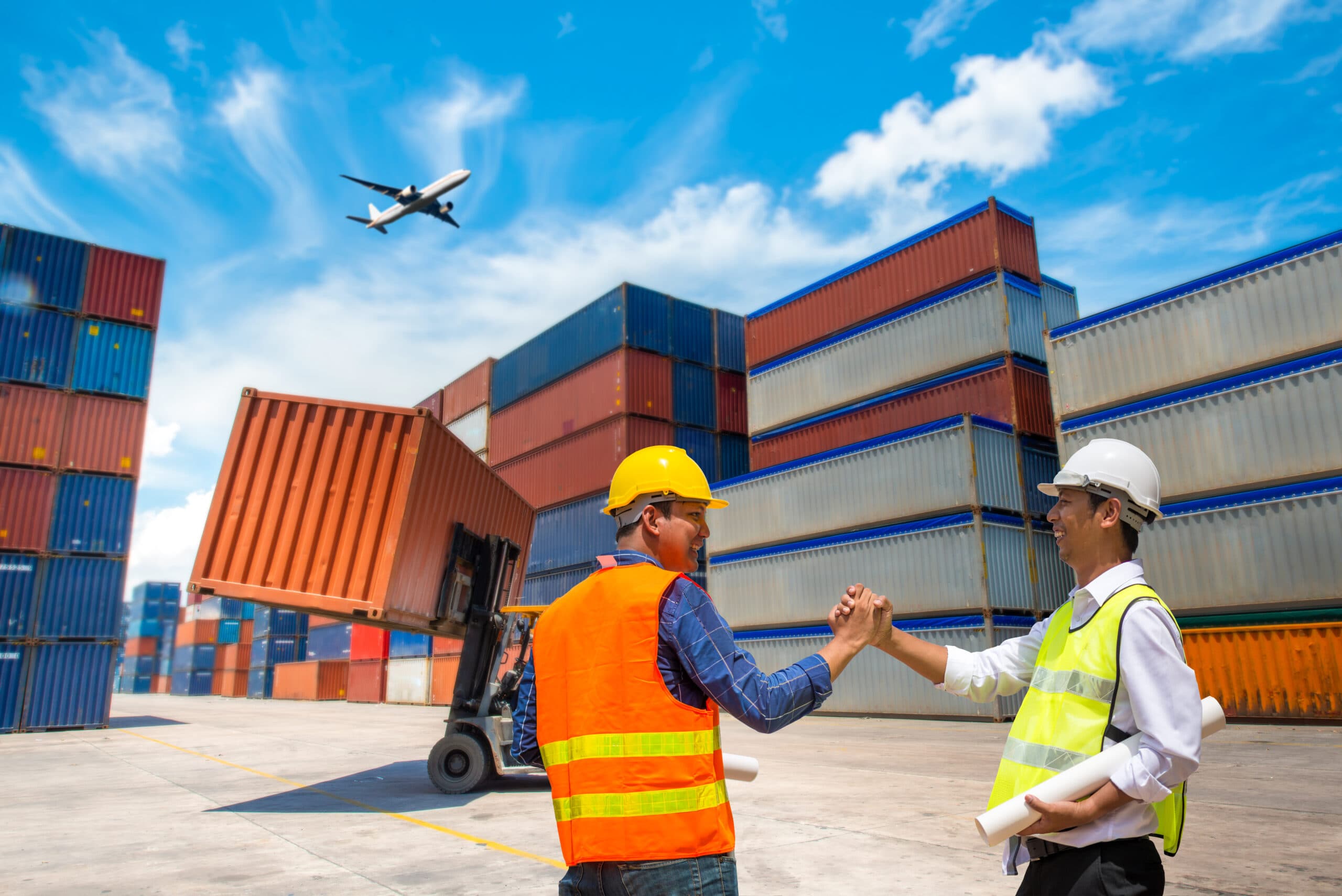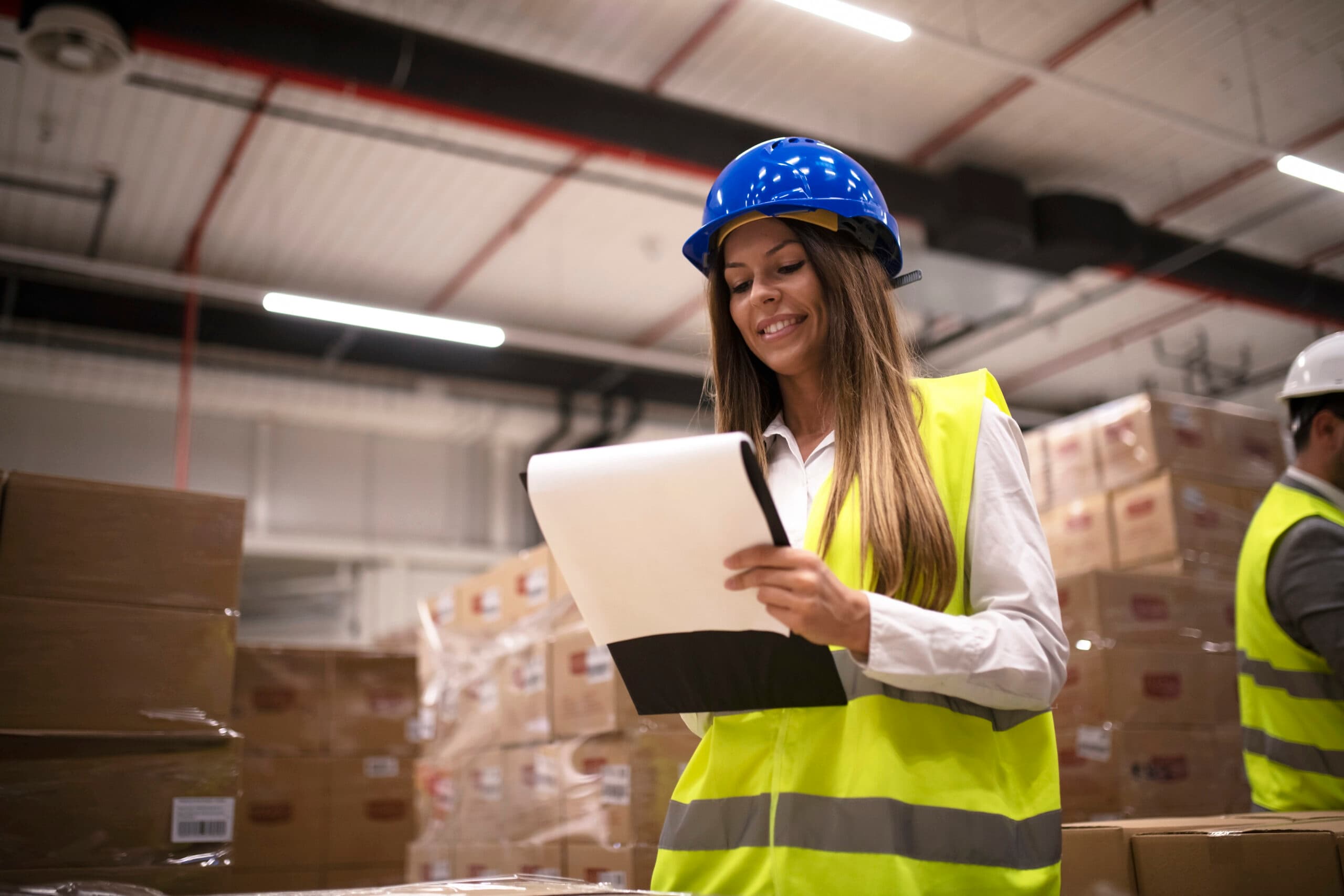Avoiding Delays: Common Customs Clearance Mistakes and How to Fix Them

When it comes to international trade, time is money. Importers and exporters work hard to ensure that their goods arrive at the right place, at the right time, and in perfect condition. Yet, one of the most frequent challenges businesses face is customs clearance delays. A shipment held up at customs can disrupt supply chains, increase storage costs, and damage client relationships.
At Global Customs Clearance Ltd., we understand the complexity of navigating customs regulations. This blog examines the most common customs clearance mistakes businesses make and, more importantly, how to rectify them for smoother and faster trade operations.
1. Incomplete or Inaccurate Documentation
The mistake:
Documentation is the backbone of customs clearance. Even a minor error in invoices, packing lists, or bills of lading can trigger red flags. Missing signatures, incorrect tariff codes, or mismatched values often result in shipments being flagged for inspection.
Double-check every document before submission. Use standardized templates and work with a customs broker to ensure accuracy. Investing in a digital document management system can also minimize human errors and keep all paperwork in one place.
2. Misclassification of Goods
The mistake:
Customs authorities rely on the Harmonized System (HS) codes to classify goods. Incorrect codes can lead to improper duty charges or non-compliance penalties. Misclassification is one of the most common—and costly—errors in customs clearance.
Take the time to determine the correct HS codes for your goods. Use official databases or consult with customs professionals to verify classifications. At Global Customs Clearance Ltd., we help clients align their products with the right codes to avoid unnecessary complications.
3. Underestimating Duties and Taxes
The mistake:
Some businesses under-declare the value of goods to reduce payable duties. This practice often backfires, as customs authorities conduct random checks and compare declared values with market rates. Penalties can include heavy fines and shipment confiscation.
Always declare the true value of goods. Be transparent in your invoices and keep detailed records of transactions. Not only does this keep you compliant, but it also builds trust with customs authorities.
4. Ignoring Restricted or Prohibited Items
The mistake:
Certain goods require special permits, while others are outright prohibited in specific countries. Importing restricted goods without proper clearance can cause delays, legal issues, or even permanent bans.
Before shipping, check the destination country’s restricted items list. Apply for permits or licenses well in advance to avoid last-minute hurdles. A customs expert can guide you through the specific regulations of each market you trade with.
5. Poor Packaging and Labeling
The mistake:
Improperly packaged or mislabeled shipments often raise suspicion at customs. Missing country-of-origin labels, unclear product descriptions, or unsafe packaging can cause shipments to be opened, inspected, and delayed.
Follow international packaging standards and clearly label all boxes. Ensure that labels match the documentation, especially regarding country of origin and product description. Well-prepared shipments are less likely to be flagged for inspection.
6. Lack of Knowledge About Free Trade Agreements
The mistake:
Businesses often overlook the benefits of Free Trade Agreements (FTAs), missing out on reduced duties. In some cases, they declare goods without taking advantage of exemptions available under these agreements.
Stay updated on trade agreements between your country and the destination market. Provide certificates of origin when applicable to enjoy reduced tariffs. Partnering with a customs clearance specialist ensures that you maximize cost savings.
7. Delayed Payment of Duties and Fees
The mistake:
Even after successful document verification, shipments can be held if duties, VAT, or other fees are not paid on time. Businesses sometimes overlook payment deadlines, resulting in additional storage and demurrage charges.
Set reminders for payment deadlines and allocate a budget for duties and taxes in advance. Some companies choose to pre-pay duties, ensuring that shipments are not delayed due to financial hold-ups.
8. Overlooking Customs Compliance Updates
The mistake:
Customs regulations are not static—they evolve with global trade policies, security measures, and economic agreements. Businesses that fail to keep up with updates risk non-compliance, penalties, and shipment delays.
Subscribe to official customs authority updates or work with a service provider like Global Customs Clearance Ltd., which continuously monitors regulation changes. Proactive compliance saves time and avoids costly disruptions.
9. Not Using a Customs Broker
The mistake:
Many businesses try to handle customs clearance on their own, underestimating the complexity involved. This often results in missed details, errors, and longer clearance times.
Hiring a licensed customs broker is one of the best ways to avoid mistakes. Brokers have the expertise to handle classification, documentation, and compliance, ensuring your shipments clear customs quickly and efficiently.
Customs clearance doesn’t have to be a bottleneck in your supply chain. By avoiding these common mistakes—incomplete documentation, misclassification of goods, under-declared values, and others—you can keep your shipments moving smoothly across borders.
At Global Customs Clearance Ltd., our mission is to help businesses trade with confidence. With expert guidance, accurate paperwork, and proactive compliance, we ensure that your goods reach their destination without costly delays.
Whether you’re an established exporter or just starting your global trade journey, the right customs clearance strategy can make all the difference.






.png&w=256&q=75)
